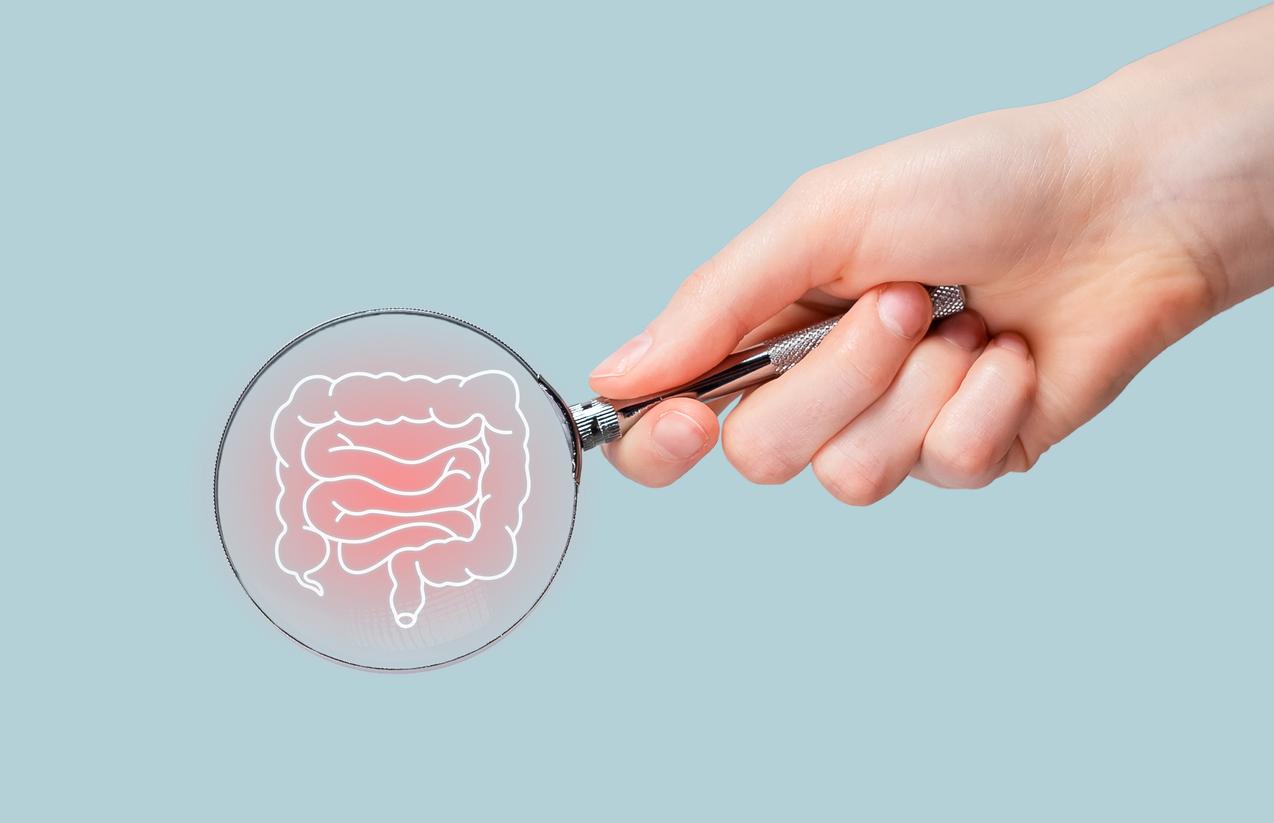Researchers from the University of Toronto (Canada) are experimenting in Canada and Brazil with the use of the acai berry as a means of preventing severe forms of Covid-19. Explanations.

- The acai berry, grown in Central and South America, is studied for its virtues on the anti-inflammatory system and stress management.
- This bay acts on the same receptor as that of SARS-CoV-2.
- Two Canadian researchers are conducting an experiment to see if this acai palm fruit can limit the adverse effects of Covid-19.
What if a berry that grows at the other end of the hemisphere could limit the impact of the Covid-19 pandemic? This is the strange bet that excites two researchers from the University of Toronto whosea Dr. Ana Andreazza, Associate Professor of Pharmacology and Psychiatry at the University of Toronto. During the emergence of the Covid-19 pandemic, she realizes that the coronavirus irritates the NLRP3 protein – one of the elements that affects the body’s response to stress and infections. A sensor she knows well since she has been trying to soothe it for five years with acai berry extracts as part of her research on mental health disorders.
A godsend for this researcher who contacted her superiors to test this berry from the acai palm and grown in Latin America. “It’s just a testprocrastinates Michael Farkouh vice-president of research of the department of medicine of the university of Toronto to the AFP. But acai berries are cheap and readily available to everyone, are safe, so it was worth a try.“
Small bay, big hopes
Is this a real way to reduce the severe forms of Covid-19? To answer this question, the two Canadian researchers selected around 580 patients who tested positive for Covid-19 and were isolated at home, half in Toronto (Canada) and half in Sato Paolo (Brazil). All will have to take 130g acai pills – or placebo for the control group – every 8 hours and will have to assess the evolution of their symptoms to scientists every 15 days. The experiment should last 30 days and the results should be published at the end of the year.
This berry reduces inflammation and could, if its effect is proven on Covid-19, reduce the need for hospitalization or resuscitation, and therefore limit the number of deaths. “If we can prevent patient hospitalization and patient deterioration early in COVID-19 infection, it could have a huge effect.“, said Michael Farkouh. This popular little berry in Brazil also has the advantage of being inexpensive and therefore accessible. “You can also imagine this on the global front – in low- and middle-income countries where they can’t afford to support inpatients, ventilated for three or four weekshe adds. This is a preventative strategy that we believe will have a global impact.“

.

















